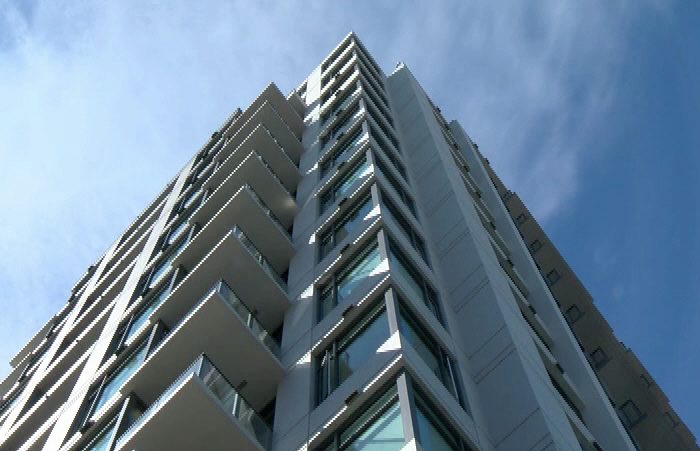

The B.C. government and Airbnb have reached an agreement allowing the online company to collect PST. File photo.
In a move to help fund affordable housing in the province, the B.C. government and Airbnb have reached an agreement that will allow the online hospitality company to collect provincial and municipal taxes on its short-term rentals.
The agreement only applies to short-term rentals that are provided through Airbnb.
“British Columbians want access to the sharing economy and they want it to be fair,” Finance Minister Carole James said on Wednesday.
“This initiative will provide additional revenues to address housing affordability, and it improves tax fairness for all British Columbians.”
Once the legislative and regulatory changes are approved, Airbnb will begin collecting eight per cent provincial sales tax (PST) and then up to three per cent municipal and regional district tax (MRDT) on short-term rentals. MRDT is applied to short-term rentals.
The eight per cent PST will go to general revenue, which the government will designate for affordable housing. The MSRT will go toward promoting tourism.
Airbnb will remit on behalf of its hosts in British Columbia.
“These changes are a welcome opportunity to continue helping the province and its residents benefit from the positive economic impacts of home sharing,” Alex Dagg, public policy manager for Airbnb in Canada said.
The agreement is the first of its kind in British Columbia and the province said it will be considering similar deals with other accommodation platforms. Airbnb already collects a 3.5 per cent tax on lodging in Québec. There are also occupancy taxes in Michigan, Nevada, California, France and India.
According to the provincial government, there are 18,500 Airbnb providers through British Columbia. The province estimates Airbnb will remit approximately $16 million through PST and an additional $5 million through MRDT.
Last year, the City of Victoria said it was considering tougher rules for short-term rentals, including those offered by Airbnb. The bylaw still needs the city council’s approval.
If approved, rentals of 30 days or less would only be allowed in primary residences. Only one or two bedrooms may be rented out on a short-term basis, and self-contained units in basement or garden suites would not qualify.
Operators would also need business licences, which will cost between $200 and $2,500, depending on the unit.
A grandfather clause stipulates property owners who already legally rent out short-term units as a business will be allowed to continue.




